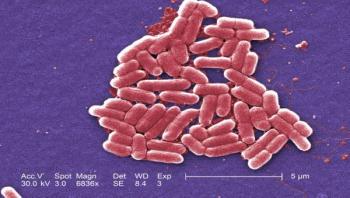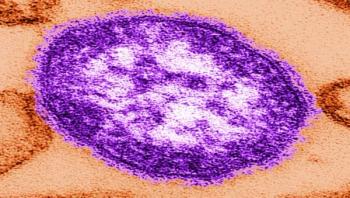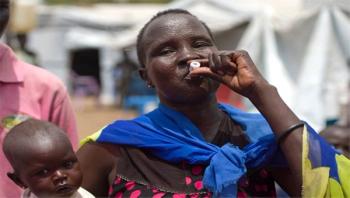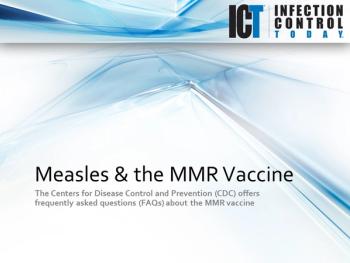
News





Personal information taken from social media, blogs, page views and so on are used to detect disease outbreaks, however, does this violate our privacy, consent and trust? Dr. Effy Vayena from the University of Zurich and colleagues map the numerous ethical challenges confronting digital disease detection (DDD) and propose a framework to address the questions.






National Institute of Biomedical Imaging and Bioengineering-funded researchers have developed a novel 3D vaccine that could provide a more effective way to harness the immune system to fight cancer as well as infectious diseases. The vaccine spontaneously assembles into a scaffold once injected under the skin and is capable of recruiting, housing, and manipulating immune cells to generate a powerful immune response. The vaccine was recently found to be effective in delaying tumor growth in mice.


By combining experimental data from X-ray crystallography, NMR spectroscopy, cryoelectron microscopy and lipidomics (the study of cellular lipid networks), researchers at the University of Oxford have built a complete model of the outer envelope of an influenza A virion for the first time. The approach, known as a coarse-grained molecular dynamics simulation, has allowed them to generate trajectories at different temperatures and lipid compositions -- revealing various characteristics about the membrane components that may help scientists better understand how the virus survives in the wild or find new ways to combat it.

Not unlike an urban restaurant, the success of a bacterial cell depends on three things: localization, localization and localization. But the complete set of controls by which bacteria control the movement of proteins and other essential biological materials globally within the confines of their membrane walls has been something of a mystery. Now, researchers at the University of Washington have parsed out the localization mechanisms that E. coli use to sort through and organize their subcellular components.


On any given day approximately one in 25 patients contracts at least one healthcare-associated infection (HAI) in a hospital or other healthcare setting. Lowering the incidence of HAI could potentially reduce a multitude of steep human and financial costs -- namely illness, disability, mortality and billions of dollars in unnecessary healthcare expenses. Healthcare organizations, healthcare workers (HCWs), patients and other stakeholders look to infection preventionists (IPs) to tackle the problem of HAI in healthcare facilities. In meeting this challenge, IPs must rely upon their education, skills, training and experience. Becoming certified is one of the leading ways that IPs can formally demonstrate that they are committed to maintaining strong competencies, immersing themselves in the latest implementation science and providing quality leadership.






When violence erupted in South Sudan at the end of 2013, tens of thousands of people fleeing the conflict sought refuge in United Nations bases positioned around the country in the hope that peacekeepers stationed there would protect them. The bases were quickly overwhelmed, with families crammed together with little or no access to safe water or sanitation. Then the rainy season approached, increasing the risk of waterborne diseases, in particular cholera, which is endemic to the country – with the potential for explosive outbreaks in the congested camps.

On Dec. 26, 2013, a 2-year-old boy living in the Guinean village of Meliandou, Guéckédou Prefecture was stricken with a rare disease, caused by the filament-shaped Ebola virus. The child is believed to be the first case in what soon became a flood-tide of contagion, ravaging the West African countries of Guinea, Sierra Leone and Liberia, infecting, according to the World Health Organization, more than 21,000 cases as of Jan. 21, with nearly 9,000 confirmed deaths -- the actual toll likely much higher





Forget the five-million plus commuters and untold number of rats -- many of the living things crowded into the New York City subway system are too small to see. An interest in the more menacing among these microbes led high school student Anya Dunaif, a participant in Rockefeller's Summer Science Research Program, to spend her vacation swabbing benches and turn styles beneath the city. Among her findings: bacteria impervious to two major antibiotics.


A breakthrough discovery in antibiotic compounds used to treat resistant strains of bacteria has earned University of South Florida associate professor of microbiology and molecular biology Lindsey (Les) Shaw PhD, and microbiology graduate student Whittney Burda a U.S. patent for their novel research.